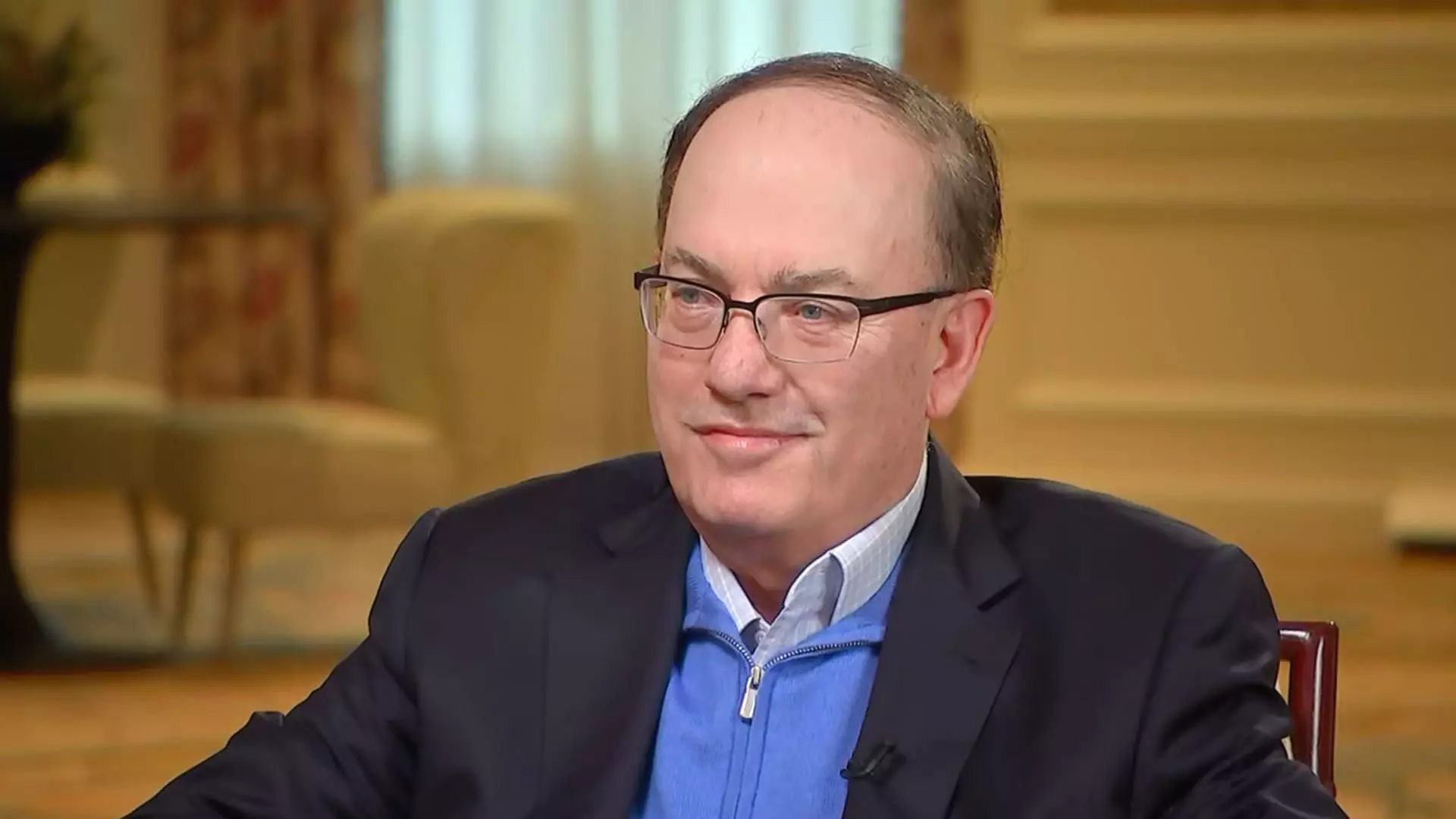Billionaire investor and hedge fund mogul Steve Cohen has recently shifted his economic perspective, expressing heightened concerns about the trajectory of the U.S. economy. His analysis is grounded in a volatile environment shaped by a combination of aggressive trade tariffs, a restrictionist immigration policy, and substantial cuts to federal spending, all of which he attributes to the so-called Department of Government Efficiency. Cohen’s bearish outlook marks a significant departure from the more optimistic views he held previously, spurred by the challenging policies implemented during the Trump administration.
The Impact of Tariffs and Inflation
Cohen highlights the detrimental impact of tariffs, which he categorizes as a “tax” on American consumers. By increasing the cost of imported goods, tariffs inevitably influence inflation, leading to diminished consumer purchasing power. This, combined with the repercussions of reduced immigration, presents a dual threat to economic growth. According to Cohen, a dwindling labor force hampers productivity, which is critical for sustaining economic vitality. His warnings come amidst fears that these conditions could exacerbate inflationary pressures and weaken consumer spending, thereby stalling any momentum the economy might have gained.
In addition to tariffs and labor market constraints, Cohen critiques the proposed cuts to federal spending, notably those championed by tech billionaire Elon Musk. Musk’s ambition to slash federal expenditures by a staggering $2 trillion could unleash further economic turbulence, according to Cohen. He argues that pulling such significant capital out of the economy, particularly after years of its circulatory benefits, may lead to negative consequences that ripple through various sectors. The loss of federal spending could stymie growth and hinder recovery, especially in areas already grappling with the effects of previous austerity measures.
Cohen’s anticipation of an economic slowdown reflects his broader sentiment regarding the stability of the stock market. He projects that growth may decelerate to around 1.5% from 2.5% in the latter half of the year, a forecast that aligns with the uncertainty he perceives in the macroeconomic landscape. In his view, this period signifies a possible regime shift, where the optimism that fueled previous gains might give way to significant corrections. “I wouldn’t be surprised to see a substantial downturn,” Cohen cautions, indicating that investors should brace themselves for volatility, as the current climate suggests that previous growth rates may not be sustainable.
A Call for Caution
Cohen’s analysis serves as a stark reminder for investors and economic stakeholders alike to exercise caution amid a backdrop of increasing uncertainty. While he acknowledges that this challenging phase may only last a year or two, the implications could be profound, impacting not just the stock market but the broader economic framework. As Cohen urges a reassessment of the prevailing bullish sentiment, his insights compel a critical reevaluation of the economic indicators, encouraging stakeholders to be vigilant and prepared for potential shifts in the landscape ahead.

